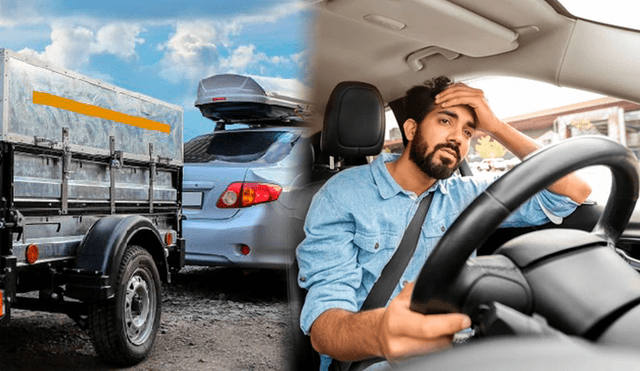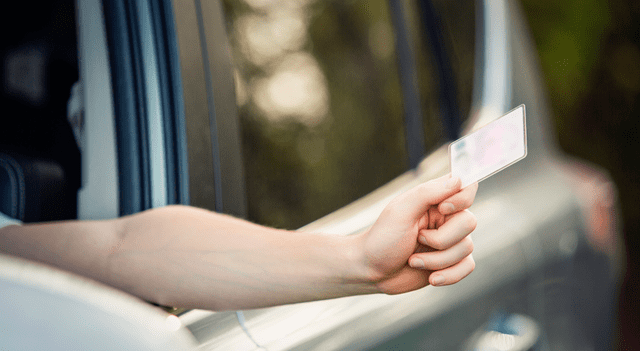Mistakes that could get your car towed in North Carolina—What you need to know
To avoid towing, it is essential to park only in permitted areas and avoid restricted zones in North Carolina.

The North Carolina Driver’s Manual outlines the state’s traffic laws that drivers must follow to avoid legal issues. While it is assumed that all motorists are familiar with basic traffic regulations, some driving behaviors can lead to more severe consequences than just a simple fine—including the removal of the vehicle.
To reduce the risk of towing in North Carolina, it is essential to follow proper parking regulations. While not all infractions result in immediate towing, and some may only lead to a parking ticket, the Driver’s Manual specifies that vehicles must always be parked on the right-hand side of the road, except on one-way streets.

ALSO SEE: Say Goodbye to Driver's License: The New Mandatory Document for Immigrants in the US by 2025
Where you should NOT park in North Carolina
To avoid the risk of vehicle removal, drivers must refrain from parking in the following areas:
- At an intersection or in front of a driveway
- Within 25 feet (ca. 8 m) of the curb at an intersection, or within 15 feet (4.57 meters) if there is no curb
- On a crosswalk, sidewalk, or bridge
- Within 15 feet (4.57 meters) of a fire hydrant or the entrance of a fire station
- On the paved roadway or main traffic lanes of any street; parking on the shoulder is also illegal unless other drivers in both directions can see your vehicle from at least 200 feet (60.96 m) away
- Next to another parked vehicle (double-parking)
- In areas marked with “No Parking” signs
- Within one block of a fire truck responding to an emergency in a city or within 400 feet (ca. 122 m) outside of city limits
- Anywhere within the right-of-way of an interstate highway, except in designated parking areas or during emergencies
- In designated handicapped parking spaces, unless your vehicle displays a valid disability plate or placard
By following these parking guidelines, drivers can avoid costly fines and prevent their vehicles from being towed, ensuring a hassle-free driving experience in North Carolina.

Drivers should avoid parking in restricted zones just to don't get towed. Photo: iStock.
What to do if your car gets towed in North Carolina
If your vehicle is towed in North Carolina, towing services are required to leave a notice with details on how to retrieve your car. However, if no information is provided, the first step is to call 911.
Since all tow truck companies must notify the local police dispatch center when a vehicle is towed, 911 operators can determine whether your car was towed or stolen.
"When you call 911, they will check whether a tow truck took your car or if it was stolen. As part of standard protocol, all towing companies must report to the police dispatch, providing details such as the car’s make, model, license plate, location of towing, and the name of the towing company," explained Claudio Jiménez, an officer from the Charlotte-Mecklenburg Police Department in an interview with La Noticia.
Additionally, officer Jiménez emphasized the importance of having all necessary vehicle information ready to make the retrieval process faster and smoother. These documents include: Driver's license, proof of insurance and Vehicle registration.
Additionally, car owners should be prepared to pay a significant fee to retrieve their towed vehicle. Since towing typically happens due to serious parking violations, owners must pay all associated fines and fees before their car can be released.